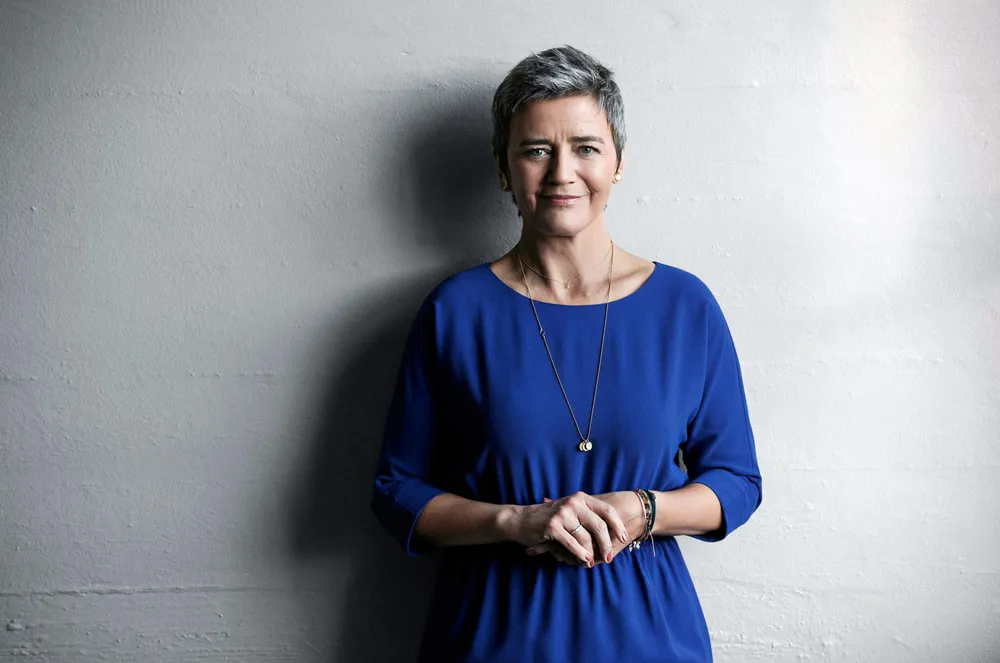EU approves €2.2bn German plan to decarbonise industrial processes through green hydrogen or electrification
This state aid would take the form of direct grants to companies currently relying on fossil fuels for energy or as a feedstock

This state aid would take the form of direct grants to companies currently relying on fossil fuels for energy or as a feedstock
